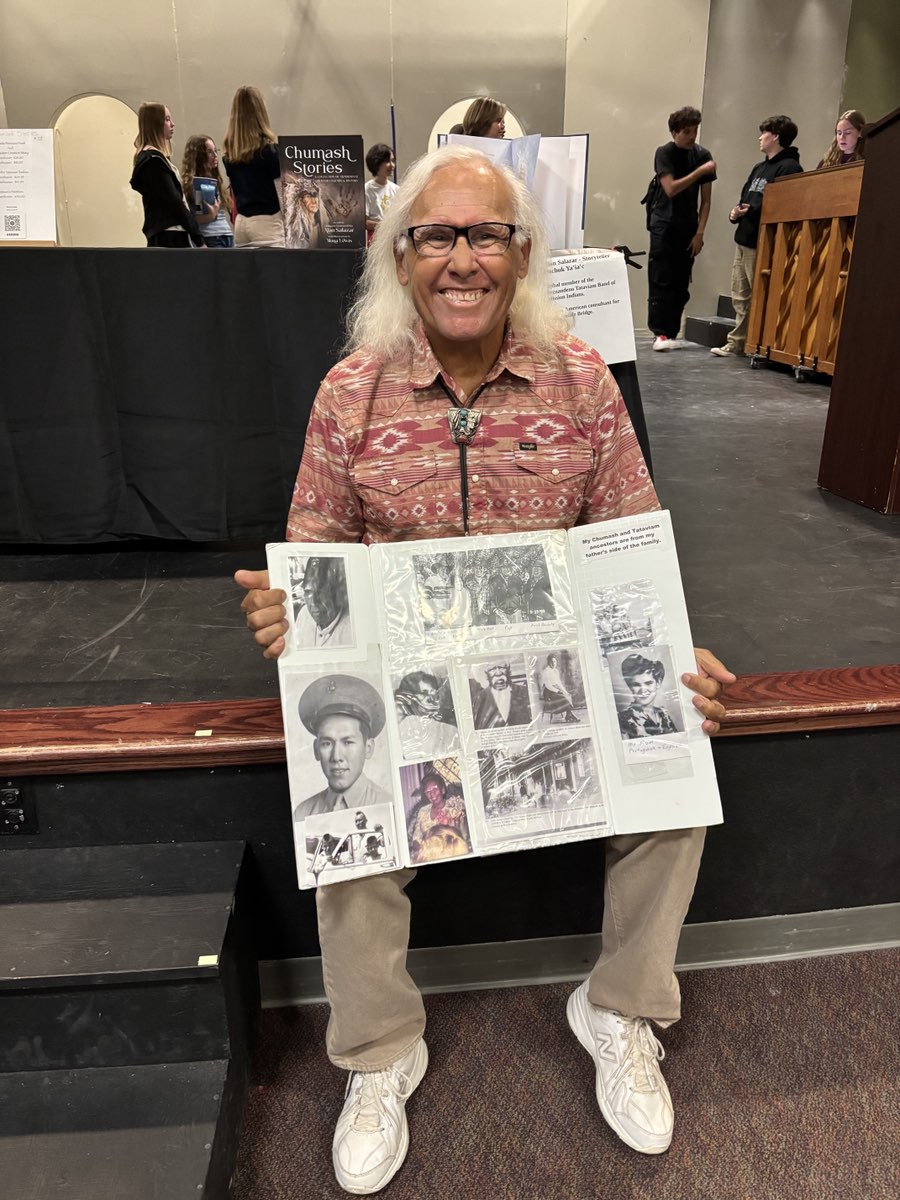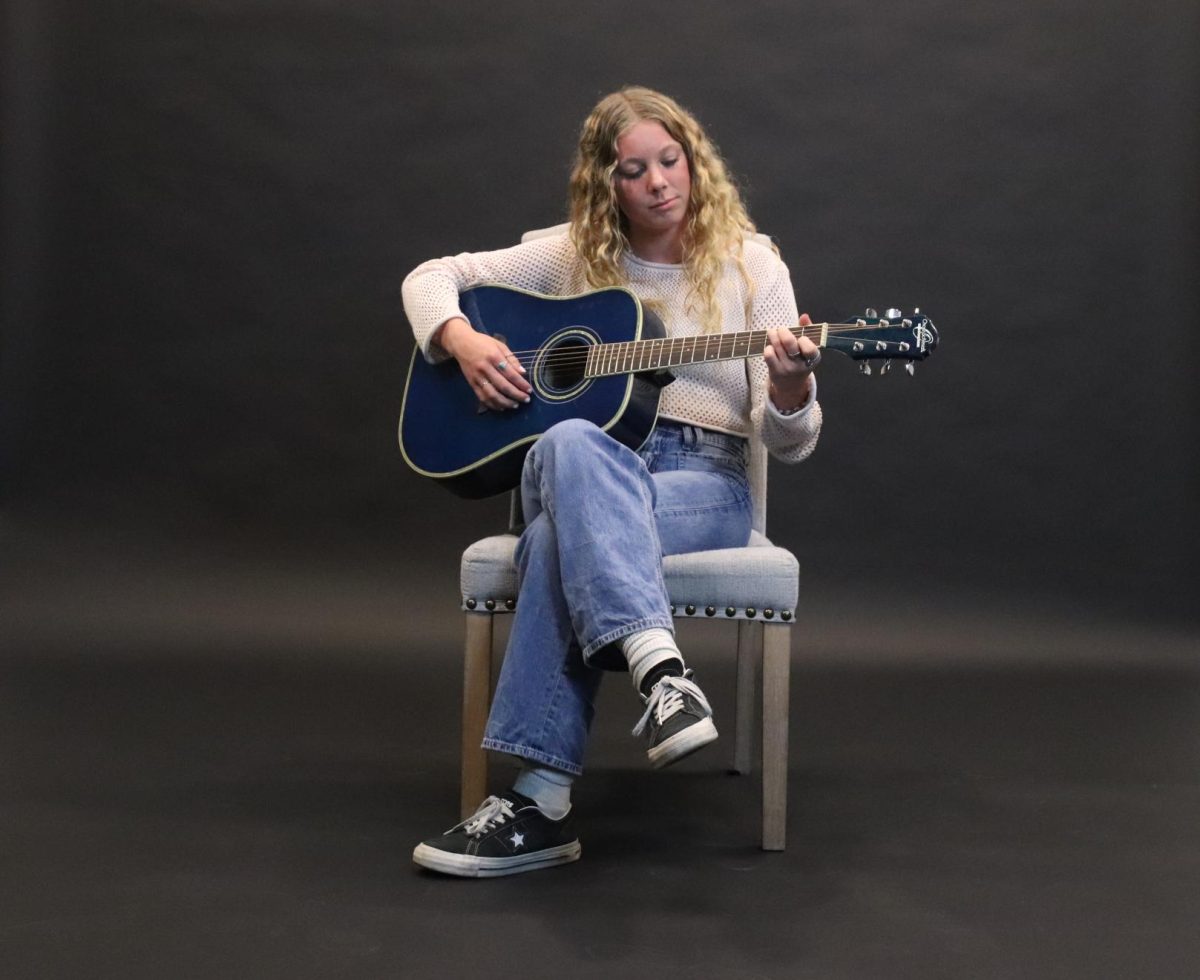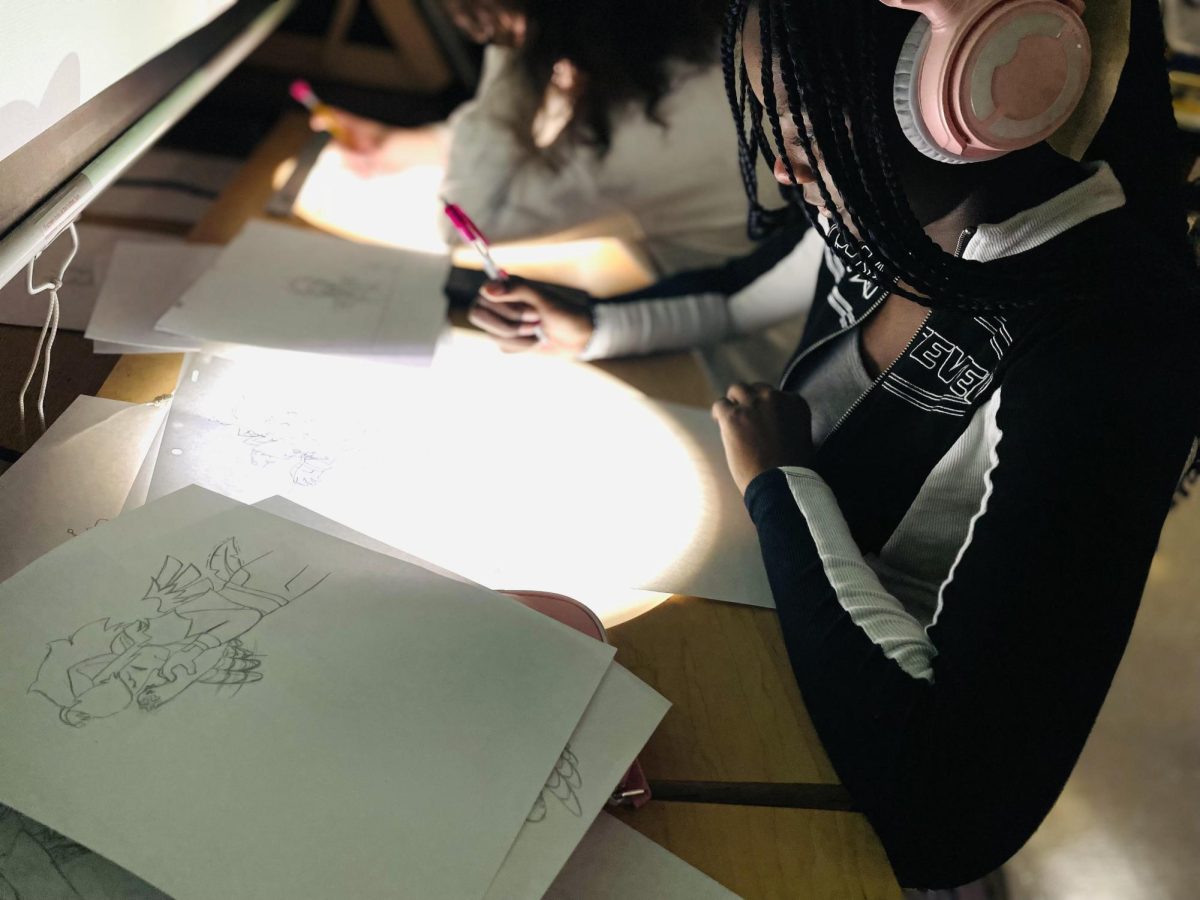Sophomore visits his hometown in Syria after 5 years
Newspaper headlines say it, news channels broadcast it, and now the world knows it: Syria is in civil war. For 3 years Syria has been in protest and war. For 5 years, sophomore Issa Mowas hasn’t seen his relatives in Syria.
“The last time I went to Syria I was 10 and it was 2009,” said Mawas. Now 2014 and in dire need of a visit, Mowas and his family flew 6,677 miles to his hometown Rabah and stayed for a month and a half over summer break. When the end of the sixth week came, the Mowas family traveled to the border between Syria and Lebanon. “We were going to our plane and got stuck because Lebanese people are racist towards Syrians. They wouldn’t let us pass into Lebanon to catch our flight,” Mowas explained. Once the flight was rescheduled, the Mowas family waited in Syria for 3 weeks until there was a plane to take home.
While a good portion of the world sees Syria as a battlefield, the small village of Rabah (which has a population somewhere in the 2,000s) is a sanctuary untouched by the grotesque hands of the war. The only effect the war has on the town is the rising of prices of daily goods. Otherwise, the citizens of Rabah remain in a safe environment. Not even their imaginations conducted a harmful environment; the war had actually made citizens feel more safe because the government had been killing off many threat opposing terrorists. “I was scared at first because at night you could hear the bombs go off, but then I realized that they were very far away. But the thought of death being only a 100 and so miles away was really scary, ” said Mowas.
Though Mowas’ hometown is only a mere hundred miles away from intense streets, Rabah pays no mind and continues with its light spirited environment.
“Life there was similar to the U.S. They go out with friends and have parties and laugh!” says Mowas.
A day in the life of a citizen living in Rabah is slightly different from an American’s. Adults wake up to go to work at nine and leave their house at 10. The elderly help around the house and watch the children. Children who play soccer attend soccer practice at four pm, teenagers at five pm. Children stay out with friends until five p.m., whereas teenagers stay at home until ten p.m. or eleven p.m. then go out with friends, with no predetermined time when they’ll be home. The most common jobs in Syria are owning shops, that close at lunch, and farming. The most common jobs in America are salespeople, cashiers, and fast-food workers. The shops, or restaurants, serve Mediterranean food which is typically considered difficult to make. Jaffa Cafe in Paso Robles is a Mediterranean restaurant and has a menu that consists of hummus and pita bread, baba ganoush, grape leaves, falafel, and other relating foods.
Although Syria is currently advertised as being perilous, the small villages still maintain themselves and keep peace. The large cities in Syria are lawless, and that is where most of the combat occurs. The villages such as Issa Mowas’ hometown are safe and can only hear the booms of explosions, rather than feel them.






